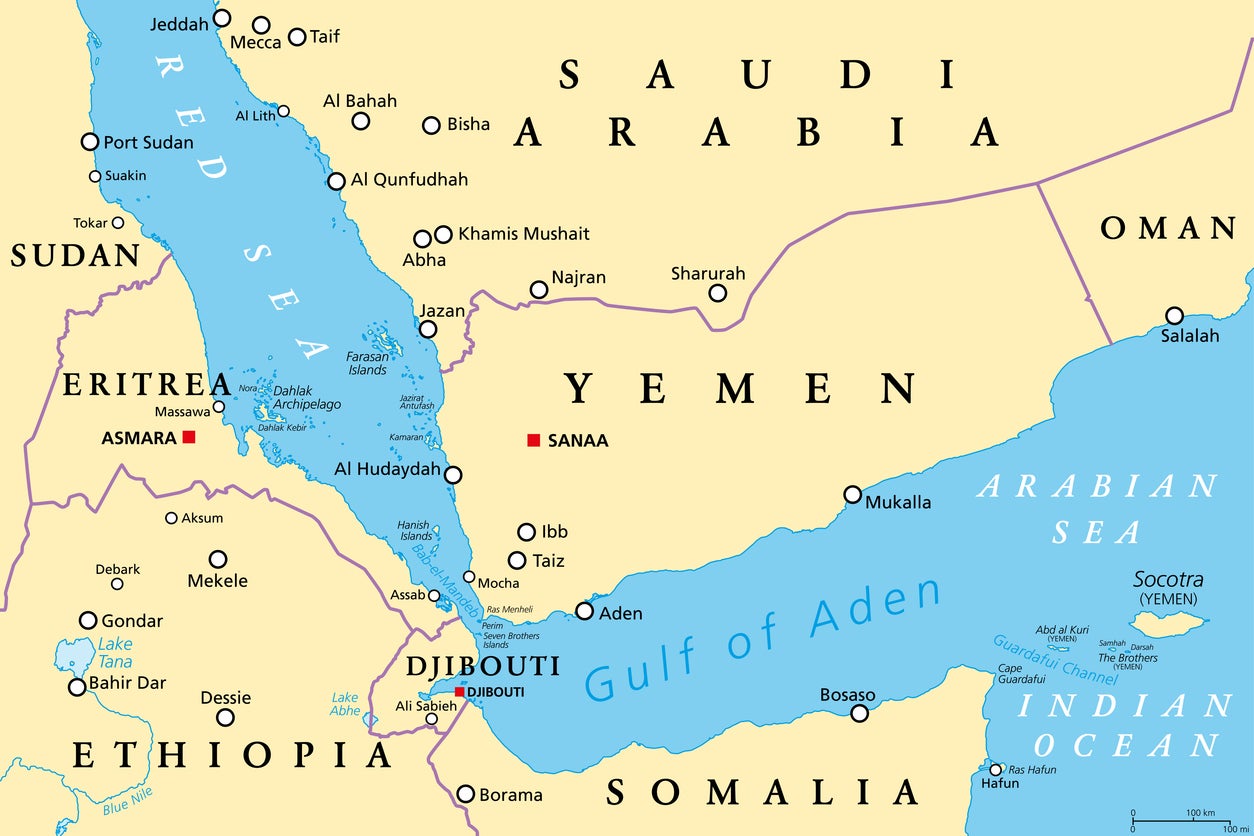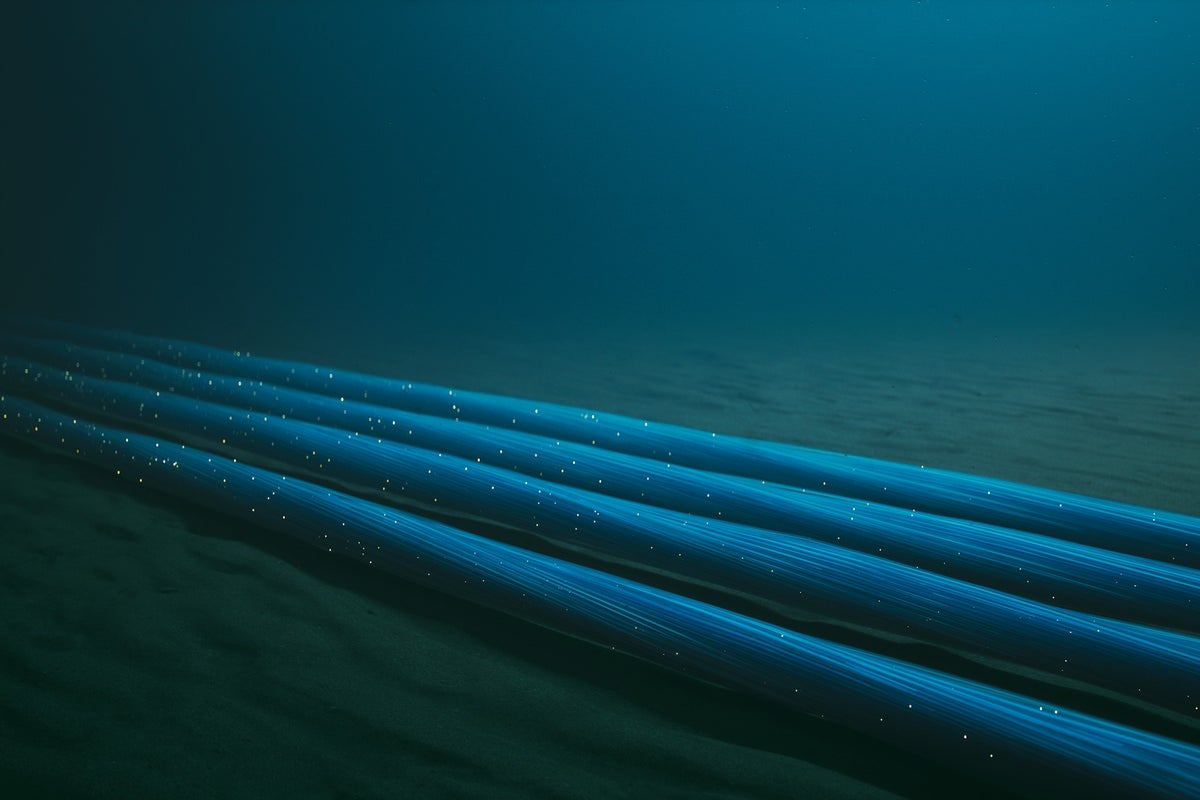Your support helps us to tell the story
From reproductive rights to climate change to Big Tech, The Independent is on the ground when the story is developing. Whether it’s investigating the financials of Elon Musk’s pro-Trump PAC or producing our latest documentary, ‘The A Word’, which shines a light on the American women fighting for reproductive rights, we know how important it is to parse out the facts from the messaging.
At such a critical moment in US history, we need reporters on the ground. Your donation allows us to keep sending journalists to speak to both sides of the story.
The Independent is trusted by Americans across the entire political spectrum. And unlike many other quality news outlets, we choose not to lock Americans out of our reporting and analysis with paywalls. We believe quality journalism should be available to everyone, paid for by those who can afford it.
Your support makes all the difference.Read more
Internet in the Middle East and Asia has been disrupted after undersea cables were cut in the Red Sea, according to Microsoft.
Multiple countries, including India, Pakistan and the United Arab Emirates, have been affected by the outages, with users of Microsoft’s Azure cloud service experiencing higher latency.
“Undersea fibre cuts can take time to repair, as such we will continuously monitor, rebalance, and optimise routing to reduce customer impact in the meantime,” Microsoft said in a status update over the weekend.
Undersea cables carry vast amounts of the world’s internet traffic, including things like streaming services, banking transactions and military transmissions.
The high capacity and speed of the fibre optic cables make them more suitable and reliable than satellites, meaning around 95 per cent of intercontinental internet data flows through them.
Microsoft did not reveal what caused the incident, though there have concerns that Houthi rebels in Yemen could target undersea cables in the Red Sea as part of their campaign to pressure Israel into ending its genocide in Gaza.
Houthi rebels have denied attacking the Red Sea cables in the past.

open image in gallery
Houthi rebels in Yemen have denied targeting undersea cables (Getty/iStock)
The disruptions began at 5:45 GMT on Saturday morning, Microsoft reported, with internet traffic subsequently routed through alternate network paths.
Internet connectivity watchdog NetBlocks attributed the network issues to the SMW4 and IMEWE cable systems near Jeddah on the coast of Saudi Arabia.
In an update on Sunday, the firm said that the subsea cable outages continued to cause “slow speeds and intermittent access” in “multiple countries”.
Web users in Pakistan were warned to expect poor service during peak hours as a result of the issues.
“Internet users in Pakistan may experience some service degradation during peak hours,” Pakistan Telecommunications, one of the country’s main telecoms firms, said in a statement.
“Our International partners are working on priority to resolve the issue, while our local teams are actively arranging alternative bandwidth to minimise the impact.”

